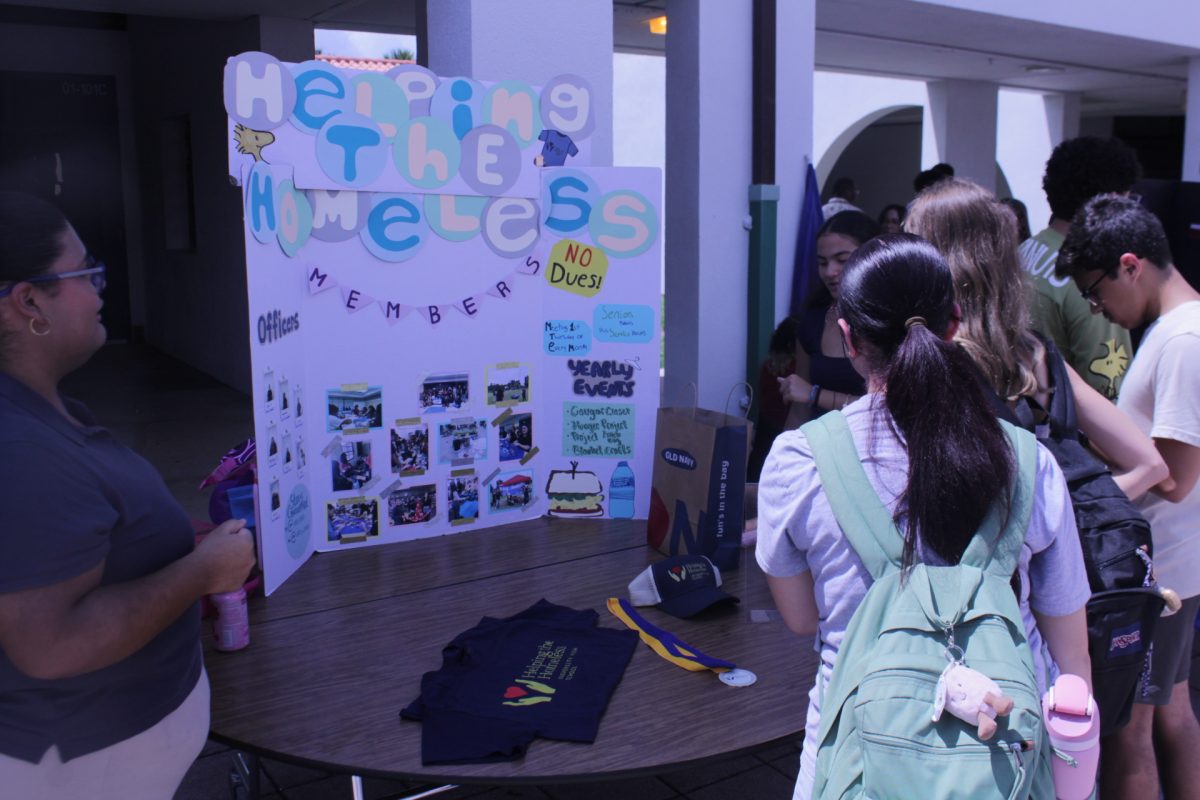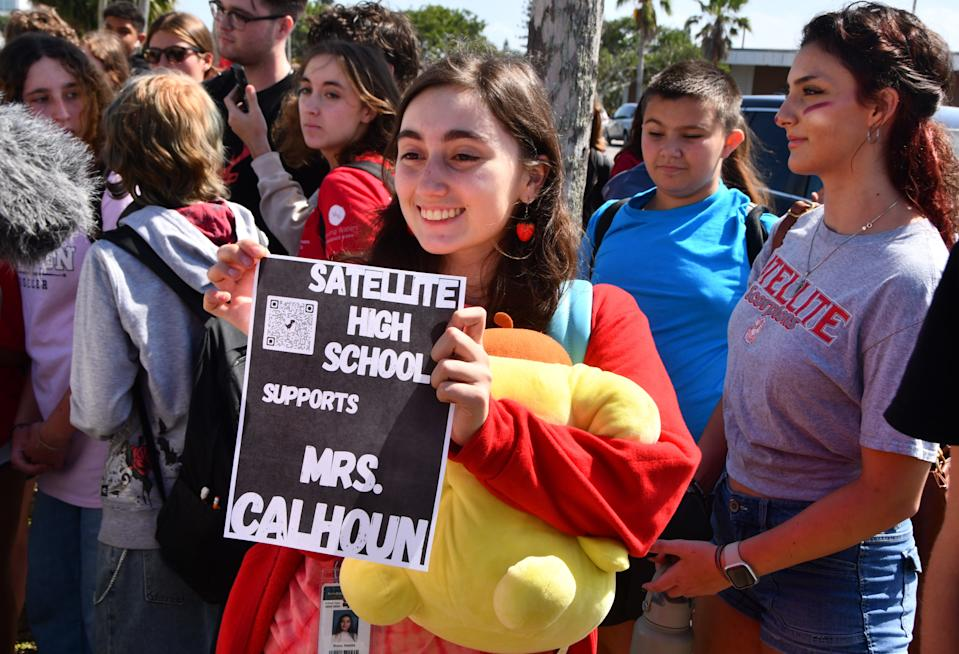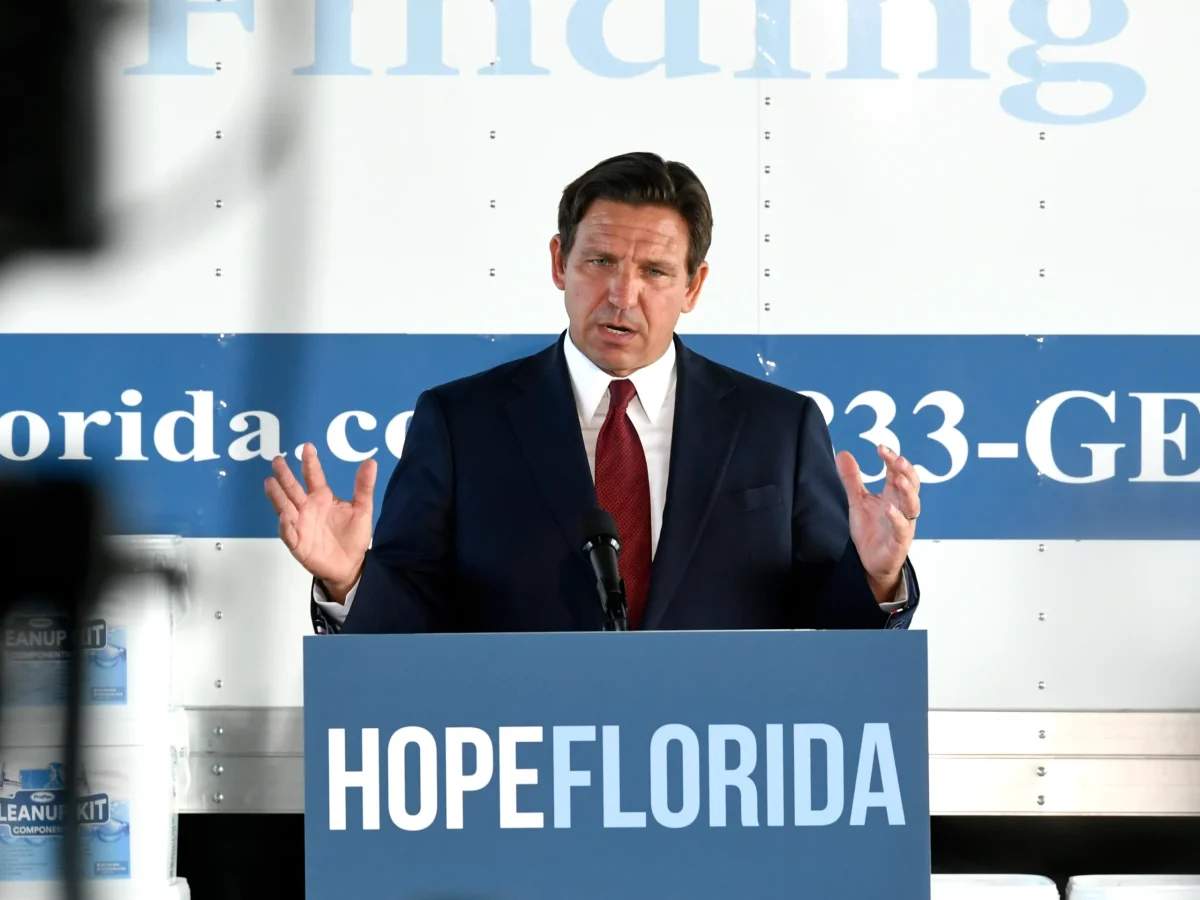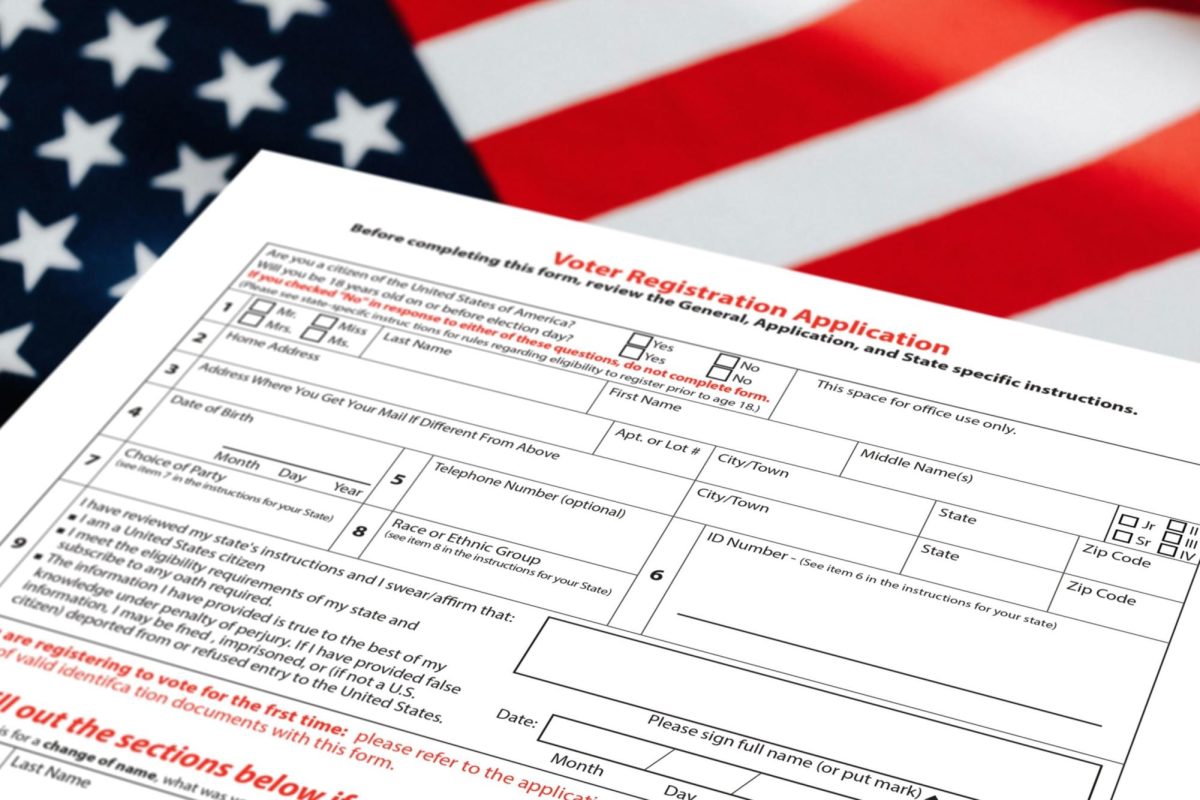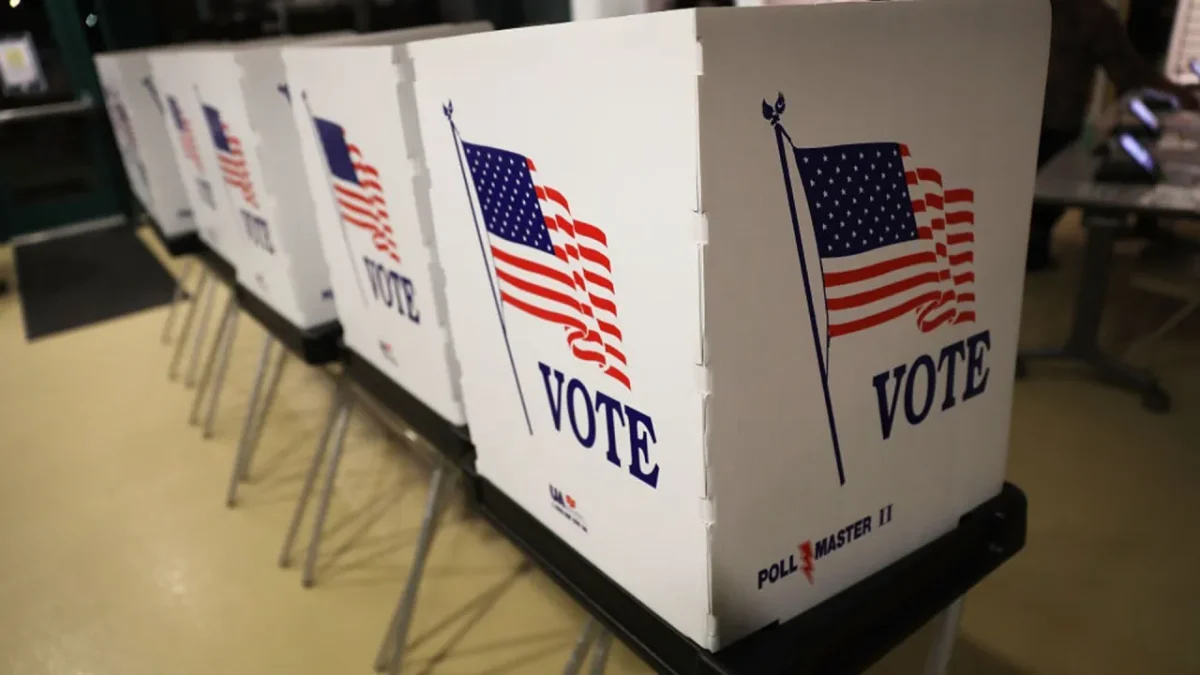The Supreme Court has signed off on ballot initiatives covering polarizing issues, such as abortion rights and recreational marijuana use. This Fall, Florida voters decide which of the six amendments will pass. Listed below are the amendments, along with a brief description of each one.
Amendment 1: Partisan Election of District School Board Members
Supporters of it seek to hold partisan school board elections, as they once did. In the event of its passage, it will remove the requirement for candidates to run without party labels. If passed, it will retract the current 1998 amendment that maintains the race’s non-partisan status.
Amendment 2: Right to Fish and Hunt
Florida voters will determine whether to establish a right to protect fishing and hunting in our State constitution. Lawmakers voted nearly unanimously last year to place this measure on the ballot. The proposal declares hunting and fishing “shall be preserved forever as a public right and preferred means of responsibly managing and controlling fish and wildlife.”
Amendment 3: Legalization of Recreational Marijuana Use
The measure would allow people ages 21 and older to “possess, purchase, or use marijuana products and marijuana accessories for non-medical personal consumption.” Eight years prior, voters approved an amendment broadly allowing medical marijuana. Their votes this year will dictate whether personal consumption will accompany it in legalization.
Amendment 4: Limit Government Interference With Abortion
The decision to pass this amendment will take place following Gov. Ron DeSantis’ and lawmakers’ approval of the controversial six-week abortion ban. The proposed constitutional amendment protects the right to abortion up to 24 weeks into pregnancy.
Amendment 5: Annual Inflation Adjustment to Homestead Exemption
Homeowners may receive slightly larger property-tax breaks if voters approve this constitutional amendment. A vote in favor supports an annual inflation adjustment to the amount of assessed value that is exempt from property taxation. This would lead to savings for applicable property owners while costing local governments’ tax revenue.
Amendment 6: Campaign Financing
The measure, if passed, will repeal public campaign financing. This would replace a state amendment that has been in place since 1998, the same one that required school board candidates to be non-partisan. The current amendment provides public campaign financing for statewide candidates who agree to stay within spending limits.
After months of contention, the Florida Supreme Court ruled that the recreational marijuana constitutional amendment would be placed on the November 2024 ballot. Although the court has previously rejected this proposed amendment, this time it was accepted with a 5-2 ruling in favor. The amendment would legalize marijuana usage for personal, nonmedical affiliated reasons, by individuals over 21. The campaign was led by the Smart & Safe Florida committee and predominantly funded by Trulieve, the state’s largest medical marijuana provider. If passed, this could mean major changes in the production, distribution, and public view of marijuana. Gov. Ron Desantis and other Florida politicians oppose this amendment, expressing concerns about the negative impact it may have, as well as doubts about its passage. “Once voters figure out how radical both of those are, they’re going to fail. They are very, very extreme,” stated Gov. Desantis when asked about Amendments 3 and 4.
As May draws closer, so does the enactment of Florida’s 6-week abortion ban. Replacing the current 15-week limit, this law will prohibit abortion past this reduced time frame. Justices simultaneously ruled that Amendment 4 will appear on the ballot in November. The proposed amendment states, “No law shall prohibit, penalize, delay, or restrict abortion before viability or when necessary to protect the patient’s health, as determined by the patient’s healthcare provider.” Presented by the Floridians Protecting Freedom Coalition, this amendment gathered a staggering 1.5 million signatures. Its opponents argue that the amendment is unreasonably broad and misleading in title. Its supporters see it as a chance at rectification against extremist abortion laws. Justices approved the amendment for a place on the Fall ballot. Voters on both sides rallied in downtown Orlando last weekend, to advocate for their beliefs.
To secure passage, an amendment must garner at least 60% voter approval. At this upcoming election (November 5th), voters will modify Florida’s state constitution through their selections.
